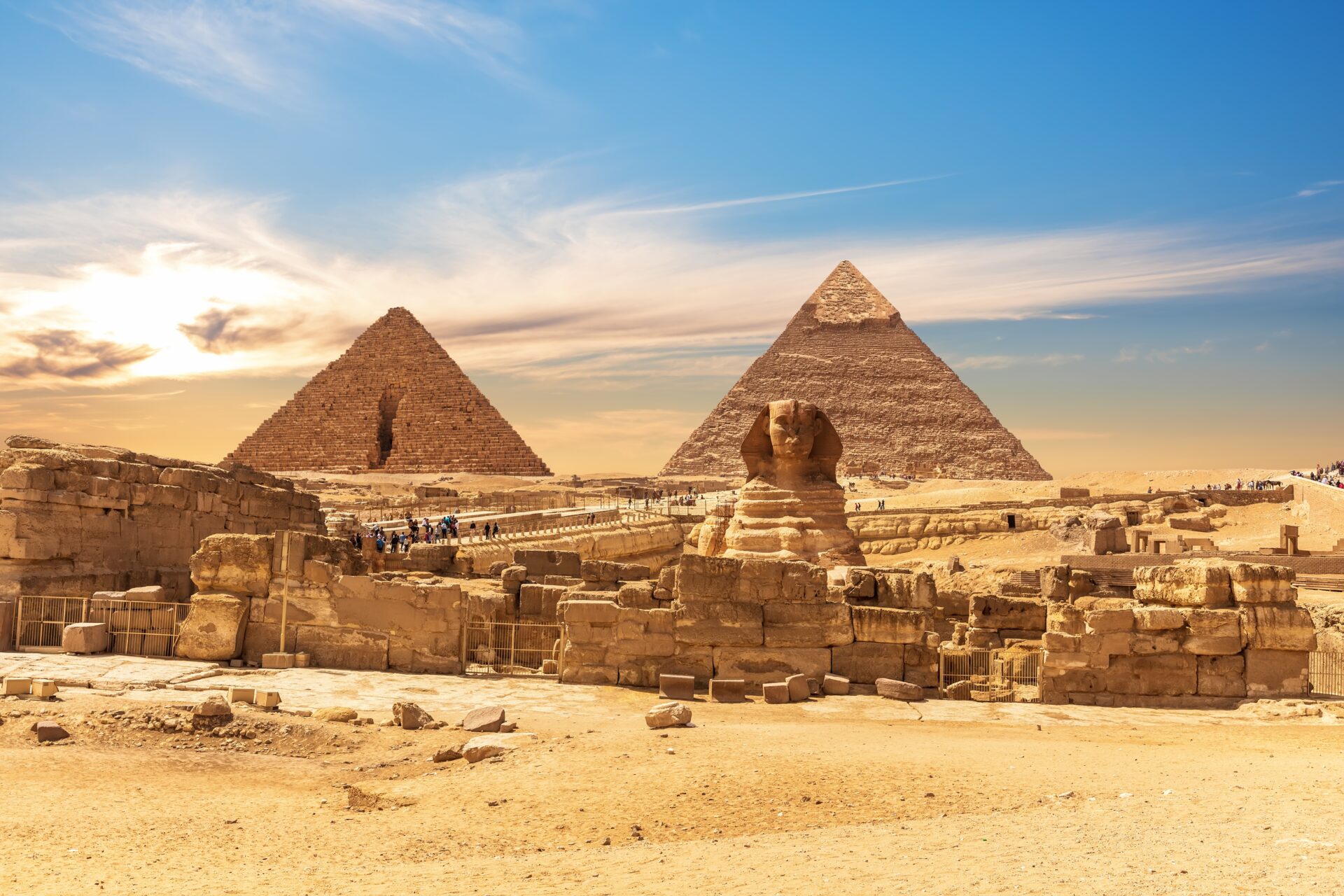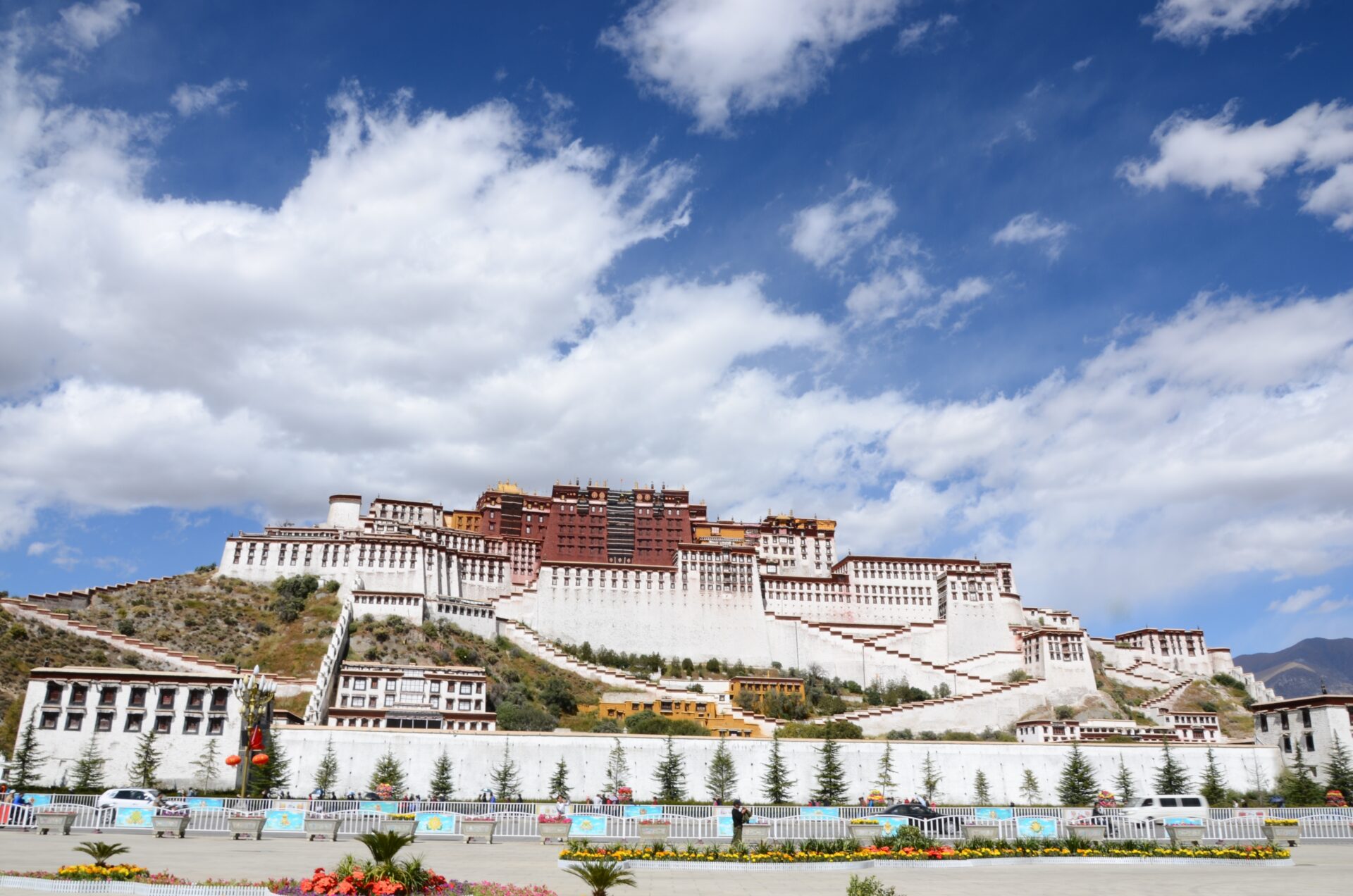
World’s Oldest Pyramid – It’s NOT HUMAN!
A pyramid dating back 25,000 years has been discovered outside Egypt, with archaeologists claiming it was not built by humans, challenging established timelines and theories of ancient civilization.
At a Glance
- A pyramid estimated to be 25,000 years old discovered outside Egypt
- Researchers argue the structure was not constructed by humans
- This challenges the traditional view of Egyptian pyramids as the oldest
- The site predates known advanced civilizations by thousands of years
- Archaeologists call for reexamination of human history and technology
The Unprecedented Discovery
Archaeologists have uncovered a pyramid-like structure significantly older than any known human-made pyramids, estimated at around 25,000 years old, located far from Egypt’s famous sites. Unlike the Egyptian pyramids dating back roughly 4,500 years, this discovery suggests the existence of advanced structures in a previously unexpected region and era.
What makes this finding extraordinary is the claim that the pyramid was not built by humans. Researchers observed irregular formations and natural geological processes that created the shape, leading to debates about how early civilizations developed and what forces shaped ancient monuments.
This discovery invites fresh scrutiny of long-held beliefs about the origins of monumental architecture and the timeline of human technological advancement.
Watch a report: Why Scientists Believe the World’s Oldest Pyramid Wasn’t Built by Humans · YouTube
Challenging Conventional Archaeology
The pyramid’s age and origin defy conventional archaeology, which places the earliest pyramids in Egypt’s Old Kingdom period around 2,500 BCE. If confirmed, this site predates all known pyramids by over 20,000 years, prompting radical reconsiderations of early human civilization capabilities.
Some experts caution that natural geological formations can mimic human architecture, but others argue the structure’s shape and location require new theories that blend geology, anthropology, and archaeology. The debate raises critical questions about humanity’s understanding of prehistoric engineering and settlement patterns.
Rewriting Human History
This finding could trigger a paradigm shift in human history, suggesting advanced knowledge or natural phenomena influenced ancient monument construction much earlier than thought. It may force historians and archaeologists to rewrite timelines and rethink the evolution of human societies.
The discovery challenges Egypt’s monopoly on pyramid heritage and hints at unknown civilizations or natural processes playing a pivotal role in shaping early human history. Further research and excavations will be crucial to uncovering the truth behind this mysterious ancient structure.
The world watches as this ancient enigma forces a profound reevaluation of humanity’s past and the origins of monumental architecture.


